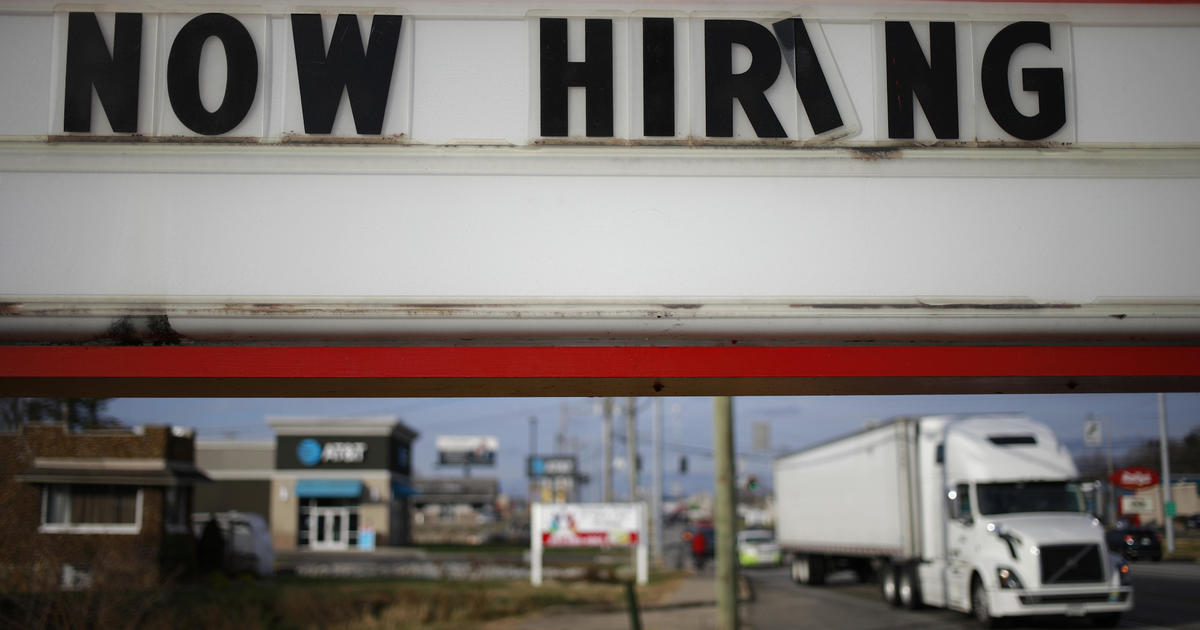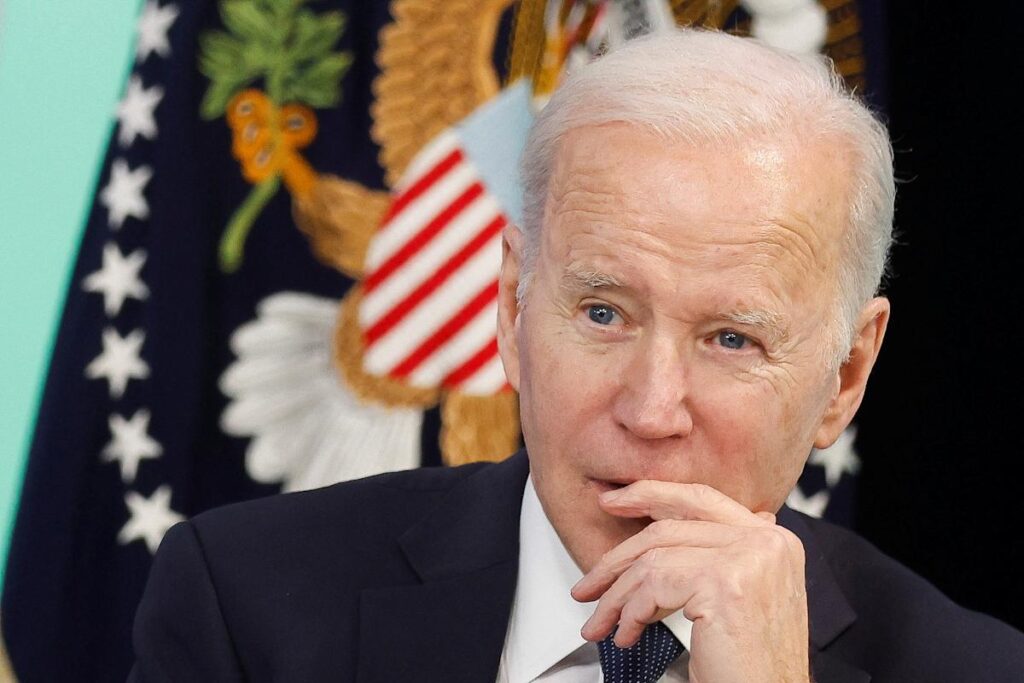 Americans continue to quit their jobs at near-record rates, with 4.3 million people handing in their resignations in January, the government said Wednesday.Economists have pointed to a tight labor market for driving the so-called “Great Resignation” — but workers themselves blame bad pay, bad opportunities and bad bosses.
Americans continue to quit their jobs at near-record rates, with 4.3 million people handing in their resignations in January, the government said Wednesday.Economists have pointed to a tight labor market for driving the so-called “Great Resignation” — but workers themselves blame bad pay, bad opportunities and bad bosses.
The Great Resignation has sparked a reevaluation of work, with employers rolling out more generous benefits and pay packages to hire and maintain workers.But employees are increasingly looking for more from their jobs, including better compensation and more flexibility, leading to a record-high rate of quitting.
Low pay, a dearth of opportunities for advancement, and feeling disrespected at work are the top three reasons why Americans quit their jobs in 2021, with about 6 in 10 workers citing those reasons as drivers for their resignations, according to a new report from Pew Research based on responses from people who resigned last year.
And there’s a very real upside to quitting, Pew found: The majority of people who switched to new roles said they were in fact enjoying higher pay and now see more opportunities for advancement.
“The coming year will be a year where employers have to figure out the stuff besides pay that attracts and retains workers,” noted Liz Wilke, principal economist at Gusto, a payroll and benefits provider for small and medium-sized businesses.”I don’t think the war on talent can be won by pay alone.”
Workers are likely to have the upper hand for awhile, economists noted.For one, the number of job openings in the U.S.remains high, with 11.3 million open positions in January, according to the latest figures.Simply put, there aren’t enough workers available for the number of jobs that employers want to fill.
“The people I’m talking with now, and it’s March, are saying they are still seeing attrition like crazy,” Ron Hetrick, senior economist at Emsi Burning Glass , said during a conference call to discuss the most recent data on job openings and the quit rate.
The still-high quit rate and number of job openings mean “we need employers to do something different to get people in the door,” Rucha Vankudre, also a senior economist at Emsi Burning Glass, noted during the call.
Wage growth vs inflation growth Some employers are trying to do something different, with many boosting wages to lure workers in the door.Average hourly earnings rose 5.1% in February compared with a year earlier; yet that wasn’t enough to offset inflation, which rose 7.5% in January.
The inflation rate for February, which will be released March 10, is expected to remain high.
America’s lower-wage workers are seeing some of the biggest pay gains, with leisure and hospitality workers enjoying an 11.2% wage increase compared with a year earlier.But even so, their pay tends to be lower than other industries, which means that those robust gains amount to an increase of only “pennies” per hour once inflation is included, according to a new analysis from the Brookings Institution
It may be no surprise, then, that lower-paid workers and Americans without a college degree were the most likely to quit their jobs last year, Pew found.
About one in four workers with lower incomes quit their jobs in 2021, compared with about one in 10 higher-income workers, Pew found.About 17% of people with a bachelor’s degree quit last year, compared with 22% of those with a high school degree or less.
Americans say there are other reasons driving them to hand in their notices, with about 48% blaming child care issues.With high child care costs and school closures due to the pandemic, some parents — mostly women — have scaled back work.
And 45% of workers said they didn’t have enough flexibility to choose their hours, and thus quit last year, Pew found.
The downside for the economy: Some businesses may not be able to operate at full capacity since they can’t hire the workers they need, according to Jennifer Lee, senior economist at BMO.
“For a while, having near-record-high job openings was awesome for job searchers and would speak to strong business activity and the corresponding need for more workers,” Lee wrote.”But as the past year has shown, being desperate for help (as well as materials), to conduct everyday business, is not a good thing when the outcome is turning down work.”
Trending News These companies continue to do business in Russia Inflation or “corporate greed”? Meat prices increased by double digits during pandemic The poor are 5 times as likely to get audited, study finds 30,000 borrowers to get student loans forgiven Russia risks “imminent” default on its debt, say Wall Street analysts In: economy.
